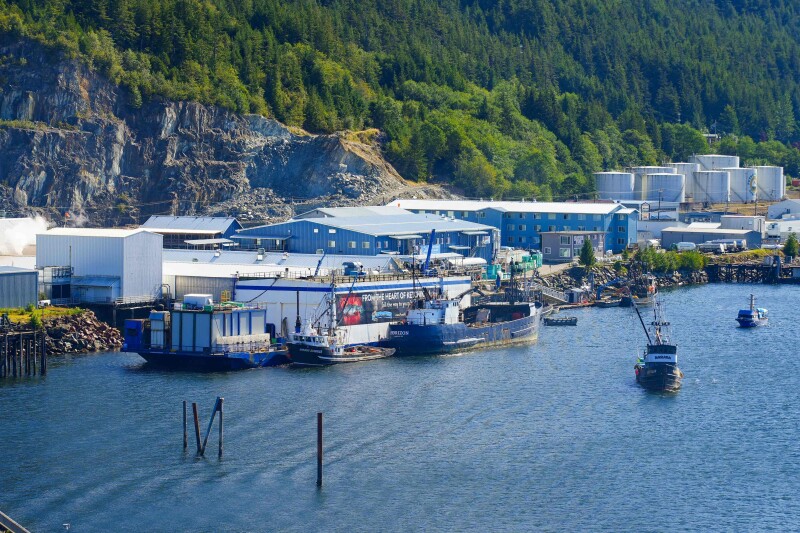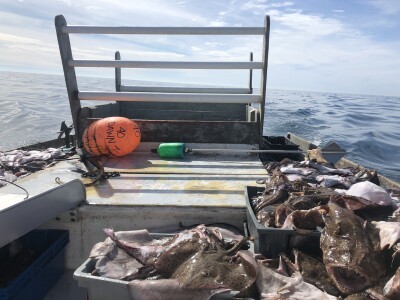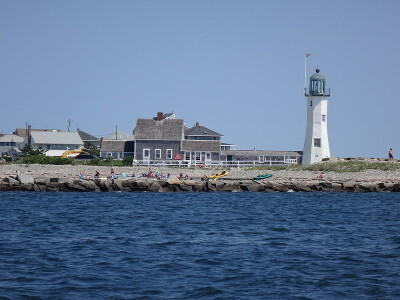Senators Lisa Murkowski (R-AK) and Angus King (I-ME) are doubling down on their bipartisan effort to fortify the backbone of America’s coastal economy. On June 6, the two reintroduced the Working Waterfronts Act, a bill designed to boost shoreside infrastructure, maritime workforce development, and economic resiliency in fishing communities from Alaska to Maine.
Originally introduced in February 2024, the legislation included more than a dozen provisions aimed at building capacity across the blue economy while helping fishermen and seafood processors face down the mounting challenges of climate change and shifting fisheries dynamics.
“One of my priorities this Congress was reintroducing the Working Waterfronts Act, a comprehensive and collective effort to harness the potential of the blue economy for Alaska's coastal communities,” said Senator Murkowski. “With 66,000 miles of coastline, it is vital Alaska strengthens our shoreside infrastructure and supports workforce development to ensure the sustainability and growth of our fisheries, tourism, and mariculture sectors.”
Senator Kind echoes that statement, emphasizing the bill’s importance for the future of Maine’s working waterfronts. “From a warming climate to an evolving economy, the Gulf of Maine faces both historic opportunities and challenges that will define our state’s success for generations,” said Senator King. “The Working Waterfronts Act would provide Maine’s working waterfronts up and down the coast with the necessary financial, energy and infrastructure resources to adapt to the rapidly shifting dynamics of natural disasters affecting economic and tourism operations. It would also help support the necessary workforce to sustain our coastal businesses. Thanks to my colleagues for working with me to ensure our waterfronts have the necessary tools and resources to thrive for years to come.”
Senator Murkowski began gathering public input in October 2022, working closely with Alaskan stakeholders to shape the legislation. “You shared thoughts and ideas with me, and we have a strong product,” shared Murkowski in an NF article from February. “This bill won’t just help young fishermen and innovative entrepreneurs but will boost research and climate change mitigation efforts as we work towards a more sustainable future. I’m proud to introduce this bill that holistically invests in coastal communities and the blue economy.”
The bill establishes several new programs, including a Fishing Vessel Alternative Fuels Pilot Program to help transition fleets away from diesel and invest in electric or hybrid technologies. It also expands access to USDA loans for fishermen and processors and provides grants to improve cold storage and cooperative processing infrastructure in rural coastal communities.
The bill will also establish an innovative prize to spur the development of electronic fisheries monitoring and data analysis tools, and an initiative praised by marine advocates as forward-thinking and necessary, according to a press release from the Marine Fish Conservation Network.
Murkowski concluded in her statement, “Together, we can build a resilient future for our coastal communities while addressing climate change and preserving our precious marine ecosystems.”







